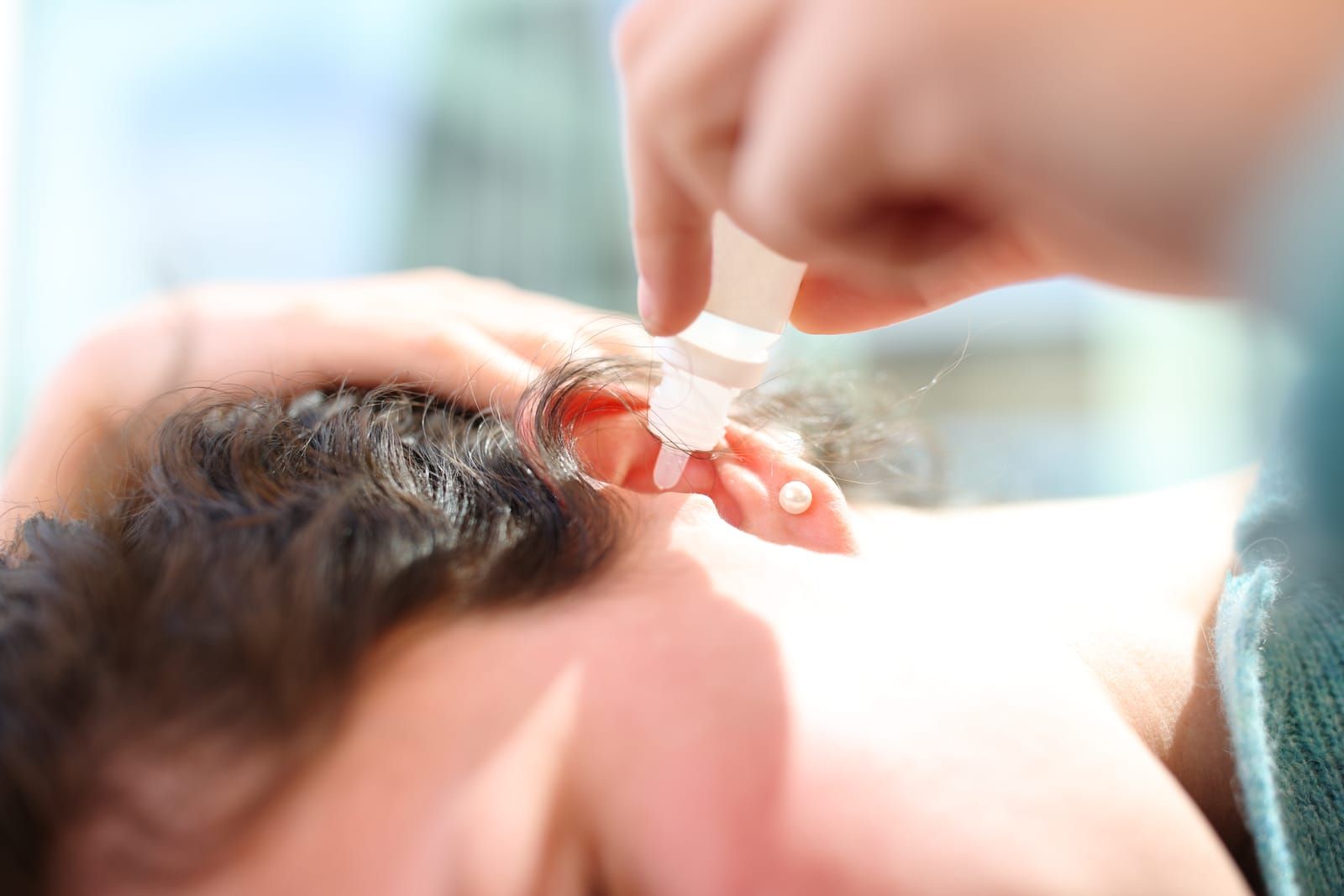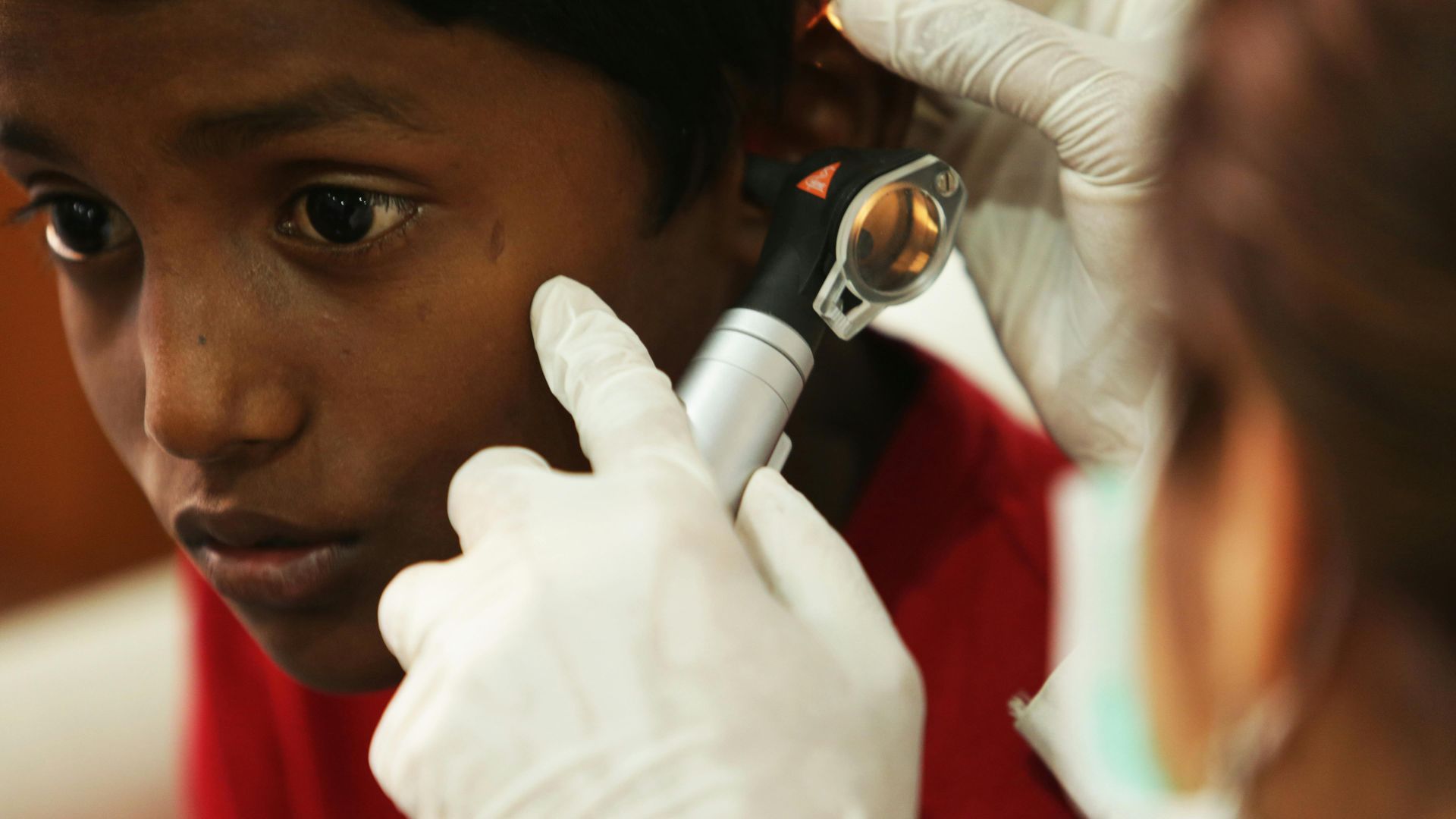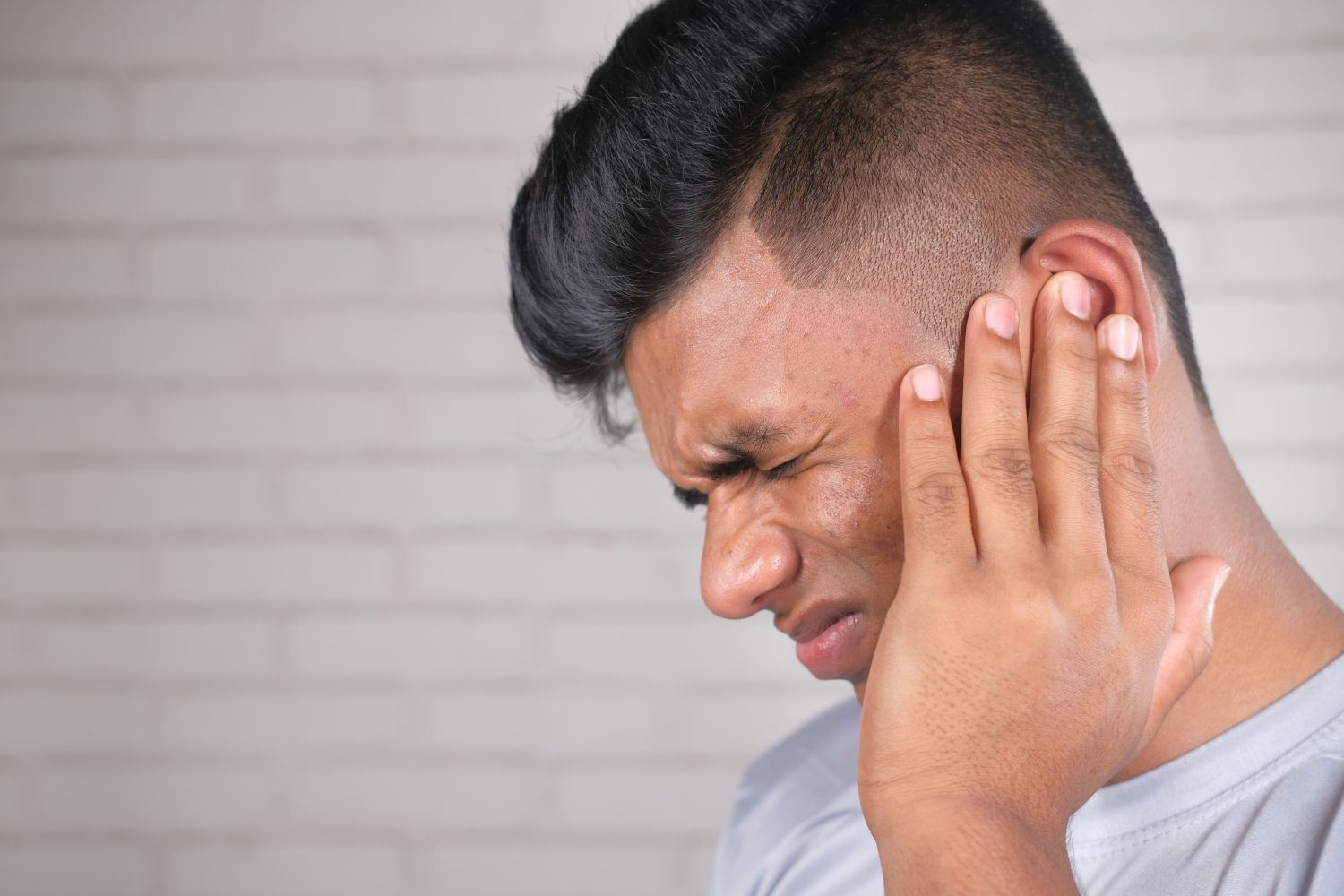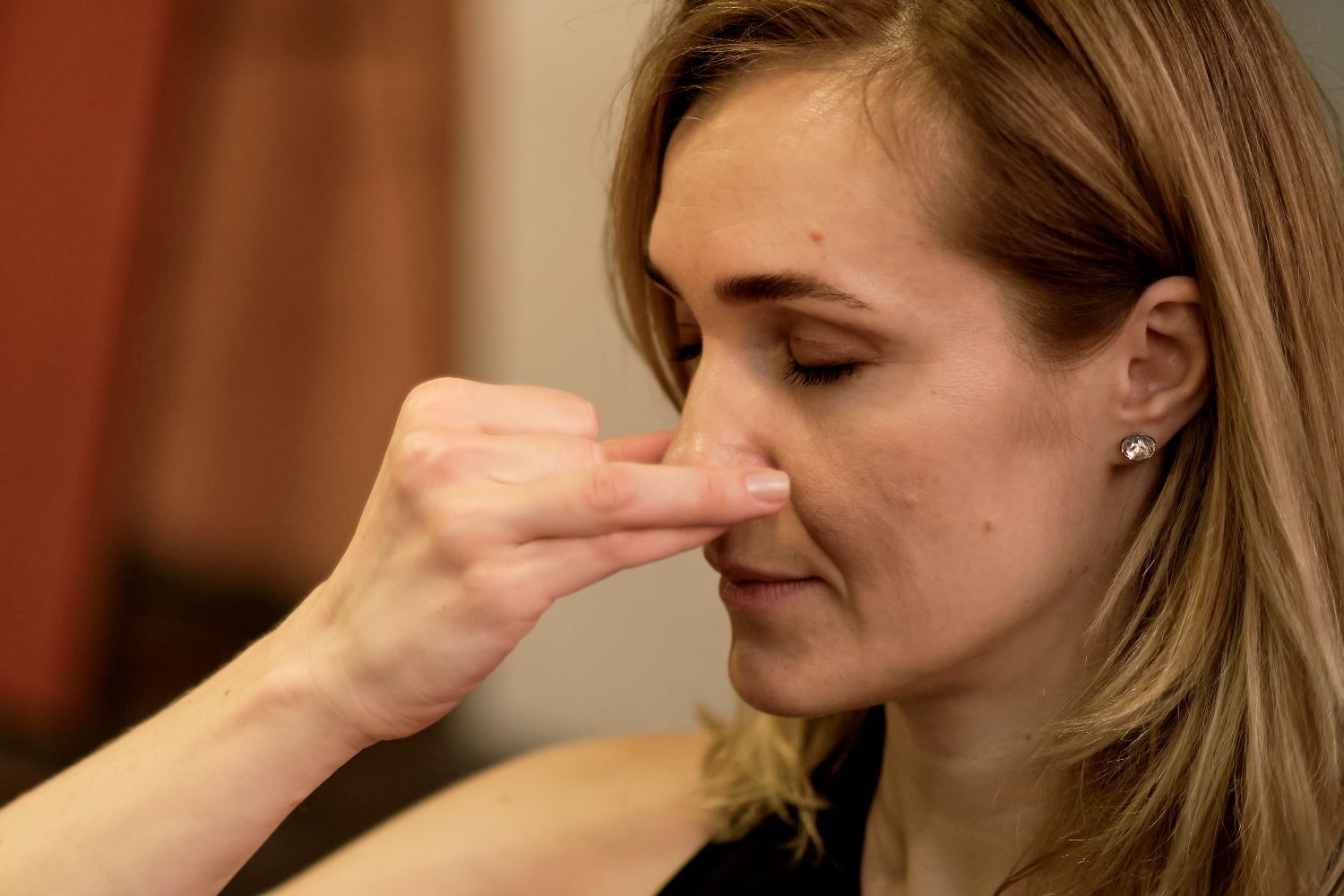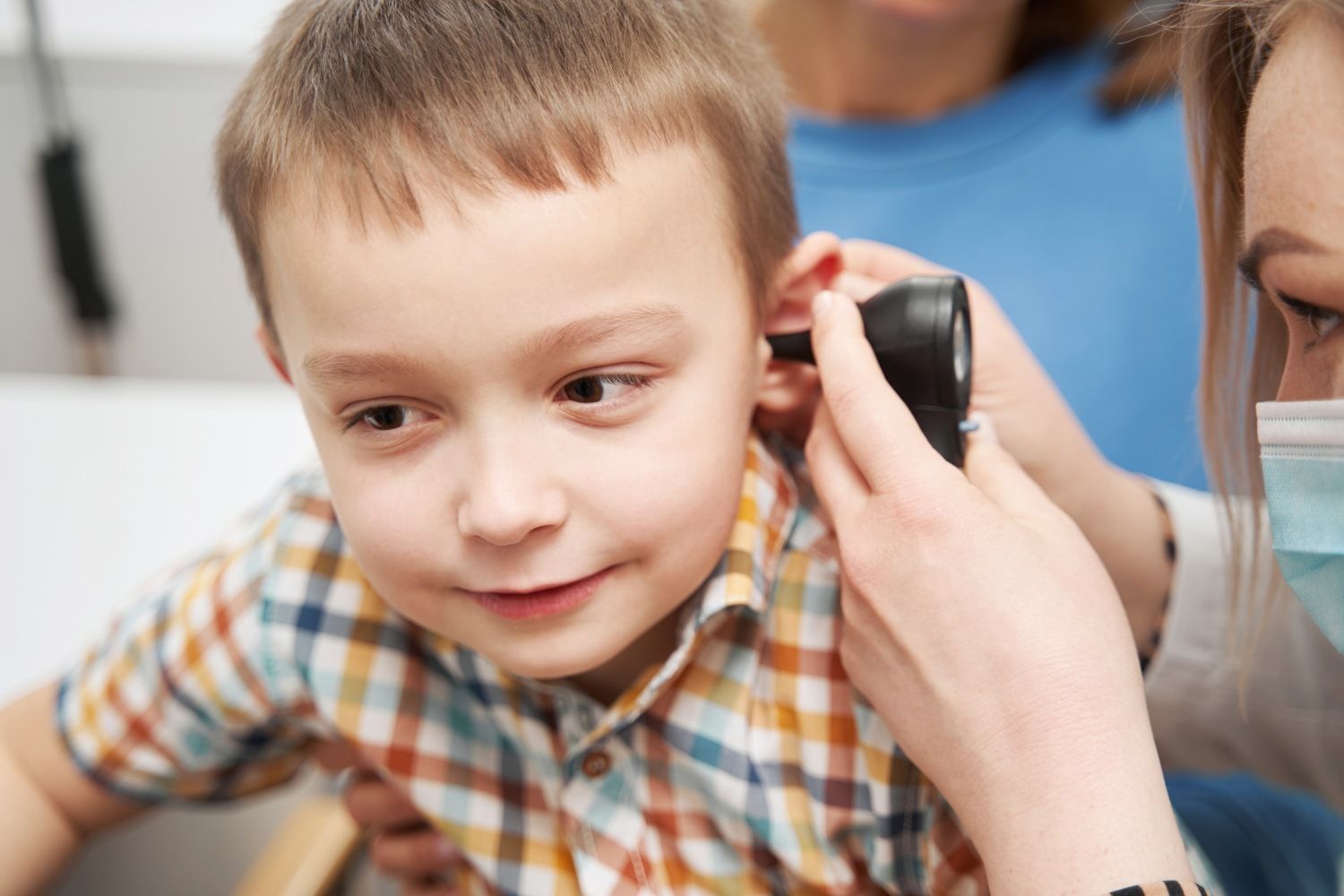Summer Tips for Protecting Your Ear, Nose, and Throat
Summer brings a wave of outdoor activities, vacations, and refreshing moments by the pool. While you bask in the joys of the season, it's crucial to remember that the summer months can also pose unique challenges to your ear, nose, and throat health.
Here are some tips to protect your ear, nose, and throat this summer.
Stay Hydrated
The scorching summer sun can lead to dehydration, impacting the moisture levels in your ear, nose, and throat passages. Proper hydration helps maintain the mucous membranes' protective functions, ensuring that your nasal passages, throat, and ears remain adequately moisturized. Adequate water intake also helps prevent dryness and irritation in the throat. Opt for water-rich foods like watermelon, cucumbers, and oranges to boost hydration levels.
Shield Your Ears from Harmful Noise
Summer festivities often involve music festivals, concerts, and outdoor gatherings, which can expose your ears to high noise levels. Prolonged exposure to loud sounds can damage hearing and cause conditions like tinnitus. Consider using noise-canceling headphones or taking breaks from noisy environments to give your ears the rest they need.
Stay Aware of Seasonal Allergies
Summer allergies can take a toll on your nose and throat, causing congestion, sneezing, and irritation. Pollen from trees, grasses, and flowers is abundant during this season, triggering allergic reactions in many individuals. To alleviate symptoms, limit outdoor activities during peak pollen hours, keep windows closed, and consider using air purifiers indoors. It’s also important to regularly clean/dust your living space and vacuum upholstery to reduce allergens indoors.
Stay Hygienic to Avoid Infections
Increased humidity and heat can create a breeding ground for bacteria and fungi, increasing the risk of ear, nose, and throat infections. To maintain good hygiene, dry your ears thoroughly after swimming or showering. You should also avoid inserting objects like cotton swabs into your ears, which can push wax deeper and cause damage. Showering and rinsing your nasal passages with a saline solution can also help wash away irritants and prevent congestion.
Protect Your Ears While Swimming
Swimming is a quintessential summer activity, but it can introduce moisture into the ear canal, creating a breeding ground for bacteria. After swimming, gently dry your ears with a clean towel and tilt your head to allow any trapped water to drain. If you're prone to a swimmer's ear, consider using earplugs or a swim cap to prevent water from entering your ear canals.
Consult an ENT Specialist for Expert Guidance
While these tips offer practical guidance for safeguarding your ear, nose, and throat health during the summer, it's essential to remember that everyone's health needs are unique. ENT specialists can provide personalized insights and help address any specific concerns. Whether you're prone to allergies, swimmer's ear, or other ENT-related issues, an experienced doctor can offer guidance and treatment options tailored to your needs.
If you’re looking for personalized care and expert guidance, turn to the professionals at ENT Medical and Surgical Group. Our team of experienced doctors can diagnose and treat a wide range of ear, nose, and throat problems. We care about your well-being and go the extra mile to provide quality care. Visit us to learn more about our services and schedule an appointment.


